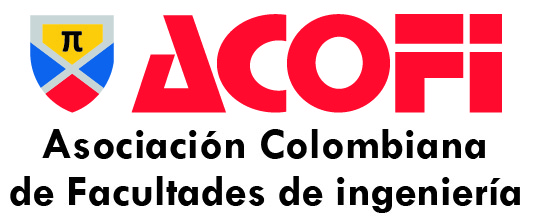Use of PBL in the design of machine elements subject of a mechanical engineering program
DOI:
https://doi.org/10.26507/rei.v7n13.193Keywords:
design, problem-based learning, PBL, self-learning, teaching-learningAbstract
This paper presents the issues associated with the application of the methodology of learning based in problems (PBL), in the subject of design of machine elements of the Mechanical Engineering Faculty at the Universidad Pontificia Bolivariana, campus Bucaramanga. The methodology through design, construction and testing of a vehicle allowed students to achieve the learning of content, to develop their skills think analytically and to work effectively as part of a collaborative team, as well, self-learning and self-training. 68% of students in the process of self-assessment methodology, claimed that PBL fosters a more meaningful learning, based primarily in increased interest from them and the applicability of theorical concepts developed in the subject. The results obtained during the implementation and development of PBL methodology let us to prove that it is well adaptable to the development of modules of the engineering, specifically those that belongs to the professional basic cycle.
Downloads
References
Betancourt, C. C. (2006). Aprendizaje basado en problemas una experiencia novedosa en la enseñanza de la ingeniería. Revista Educación en Ingeniería, 1(2), 45 –51.
Fasce, E., Calderón M., Braga, L., De Orúe, M., Mayer, H., Wagemann, H. y Cid, S. (2001) Utilización del aprendizaje basado en problemas en la enseñanza de física en estudiantes de medicina. Revista Médica de Chile, 129(9), 1031-1037.
Herrán, C. A. y Vega, C. F. (2006). Uso del ABP como estrategia didáctica para lograr aprendizaje significativo del diseño de ingeniería. Revista Educación en Ingeniería, 1(2), 33–44.
Meneses, G. A. y Ordosgoitia, C. E. (2009). Laboratorio virtual basado en la metodología del aprendizaje basado en problemas, ABP. Revista Educación en Ingeniería, 4(7), 62–73.
Moreira, M. A. (2000). Aprendizaje significativo: teoría y práctica. Madrid: Editores Visor.
Morales, B. P. y Landa, F. V. (2004). Aprendizaje Basado en Problemas. Theoria, 13, 145–157.
Rebollar, A., Ferrer, V. M., Bless, V., Carbonell, C., Bubaire, A. E., Mustelier, S., Benítez, M., Cobas, E. y Aldana, M. (2010). La enseñanza Basada en Problemas y Ejercicios: hacia una didáctica para estimular aprendizajes. Cuadernos de Educación y Desarrollo. Recuperado el 23 de Junio de 2011, de http://www.eumed.net/rev/ced/17/arm.htm
Restrepo, G. B. (2005). Aprendizaje Basado en Problemas (ABP): una innovación didáctica para la enseñanza universitaria. Revista Educación y Educadores, 8, 9-19.
Romero, J. G., Escatel, R. E., Hernández, A., López, R. y González, M. (2011). Aprendizaje basado en problemas, Manual. Recuperado el 22 de Enero de 2012, de http://www.cneq.unam.mx/programas/actuales/cursos_diplo/diplomados/seiem_mate/0/03_material/06_modulo/archivos/Manual_ABP_2011.pdf
Salinas D. (1997). La evaluación no es un callejón sin salida. Cuadernos de Pedagogía, 259, 44– 48.
Schunk D. H. (1997). Teorías del Aprendizaje. (2da. Ed.). México: Editorial Pearson Educación
Downloads
Published
How to Cite
Issue
Section
License
Total or partial reproduction of the documents published in the journal is authorized only when the source and author are cited.
| Article metrics | |
|---|---|
| Abstract views | |
| Galley vies | |
| PDF Views | |
| HTML views | |
| Other views | |









